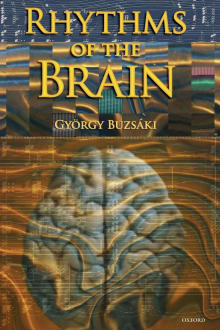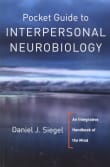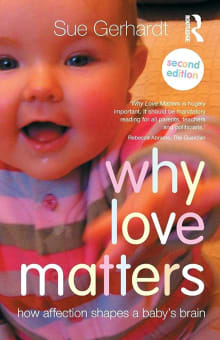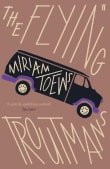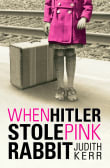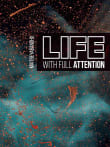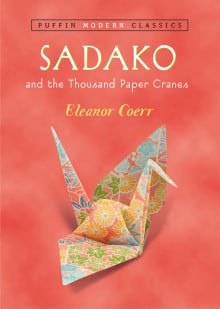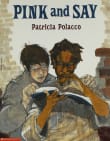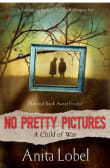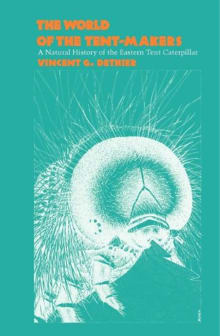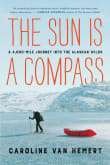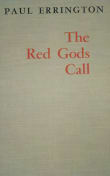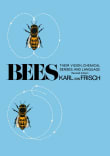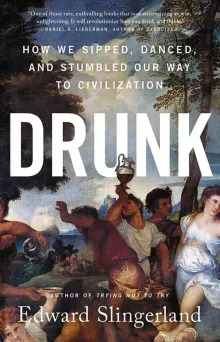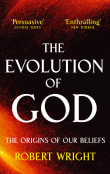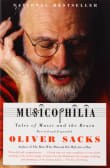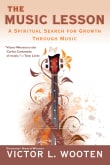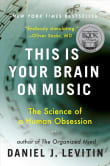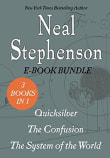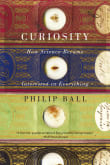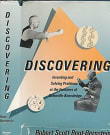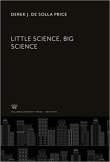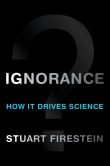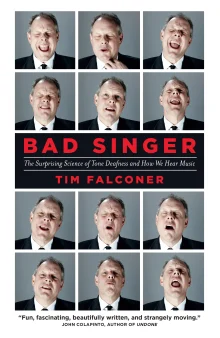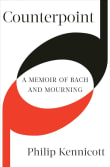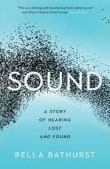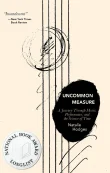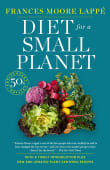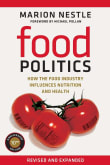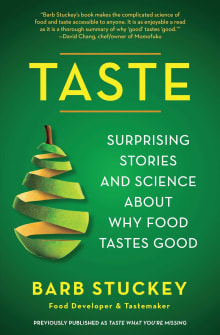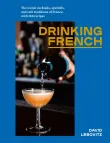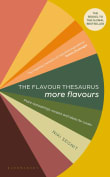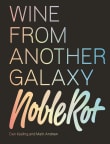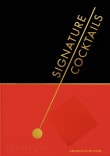Why am I passionate about this?
I have spent my entire professional life quietly patrolling the frontiers of understanding human consciousness. I was an early adopter in the burgeoning field of biofeedback, then neurofeedback and neuroscience, plus theory and practices of humanistic and transpersonal psychology, plus steeping myself in systems theory as a context for all these other fields of focus. I hold a MS in psychology from San Francisco State University and a PhD from Saybrook Institute. I live in Mount Shasta CA with Molly, my life partner for over 60 years. We have two sons and two grandchildren.
Jim's book list on brain, mind, and consciousness

Why did Jim love this book?
Of the dozens of books on neuroscience that I have in my library, I consider this one the most comprehensive and authoritative. I quote passages from it extensively in my own book. Its scope and richness qualify it as a primary text for neuroscience students. Buzsáki has enabled me to understand some of the most intricate structures and functions of the human brain.
1 author picked Rhythms of the Brain as one of their favorite books, and they share why you should read it.
Studies of mechanisms in the brain that allow complicated things to happen in a coordinated fashion have produced some of the most spectacular discoveries in neuroscience. This book provides eloquent support for the idea that spontaneous neuron activity, far from being mere noise, is actually the source of our cognitive abilities. It takes a fresh look at the coevolution of structure and function in the mammalian brain, illustrating how self-emerged oscillatory
timing is the brain's fundamental organizer of neuronal information. The small-world-like connectivity of the cerebral cortex allows for global computation on multiple spatial and temporal scales. The perpetual interactions…
- Coming soon!






